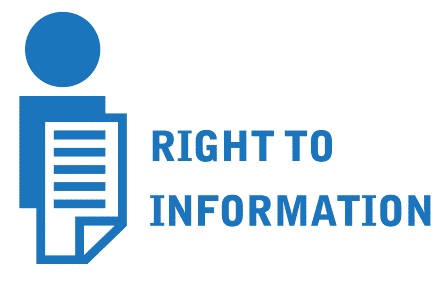The Right to Information (RTI) Act will be easier for citizens to use and access thanks to the Supreme Court’s Thursday introduction of an online portal. According to Chief Justice DY Chandrachud, the portal would be accessible soon.

The RTI portal is ready, the Chief Justice of India stated on Thursday. “Before we start with the naming (of cases), I wanted to say that. In 15 minutes, it will begin to function. Please be patient with us in case there are any issues. Please get in touch with me if there is an issue. I will investigate it with utmost pleasure.
People can now easily obtain information about the Supreme Court thanks to the online RTI portal. RTI requests have to be sent solely via mail to the Supreme Court up until this point.
The Supreme Court had received a number of public interest litigations (PILs) requesting the creation of an online RTI portal for the Court. Students complained that although the committee had set up a system for petition submission online, it had not done the same for RTI application submission.
The portal was “practically ready for being launched,” according to the CJI-led bench, which was hearing a petition brought by two law students, Akriti Agarwal and Lakshya Purohit, earlier last week.
The Supreme Court’s Right to Information Act responses will probably be streamlined via the internet site.4
In essence, the procedure for submitting an RTI to the Supreme Court is the same as for submitting an application.
Only Indian citizens are permitted to use this website to submit RTI requests, first appeals, and to pay fees and copying costs in accordance with the Right to Information Act of 2005. (RTI Act). The website makes it clear that only people who want information on the Supreme Court can access it and that anyone else who wants information from the government should go to the appropriate Central/State government portal.











